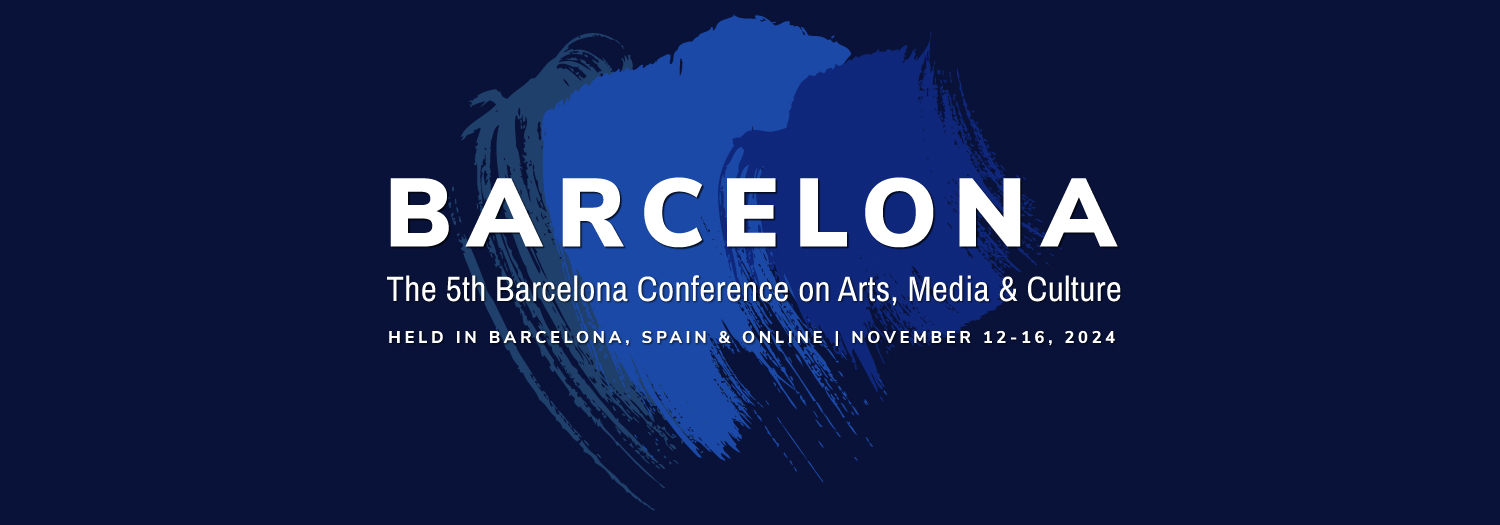Why Do Feminists Also Embrace Negative Body Image and Edit Their Selfies? (72823)
Session: On Demand
Room: Virtual Poster Presentation
Presentation Type:Virtual Poster Presentation
As patriarchy places a stronger emphasis on female physical attractiveness, women constantly suffer from body image concerns (e.g., Bordo 1993) and engage in appearance-enhancing practices, including picture editing. Conventional wisdom suggests that feminism can help women deconstruct prevailing cultural standards about beauty (Murnen & Smolak, 2009). However, Yang et al. (2021) observed that feminist beliefs did not reduce body image self-discrepancy among college females. This is because, cultural ideals regarding female physical appearance are ingrained (Cash et al., 1997) and cannot be counteracted by merely understanding feminist theory (Donaghue & Clemitshaw, 2012). Peterson et al. (2008) found that empowerment can more effectively reduce self-objectification than a feminist identity. To further investigate why feminists also embrace negative body image and edit their selfies in order to present their ideal selves consistent with the beauty standards defined by patriarchy in cyberspace, Dittmar’s (2008) Consumer Culture Impact Model--which maintains that global consumer culture propagates the body-perfect and material good-life ideals as success indicators-is adopted in the current study.
An online survey will be used to investigate whether empowerment (H1)-resulting from a feminist identity (Heger & Hoffmann, 2022)-reduces the internalization of the body-perfect ideal (H2a) while strengthening the internationalization of the material good-life ideal (H2b), both of which in turn (H3a-b), increase selfie-editing intentions. An estimation of 300 Chinese women participants will be recruited online, and data will be analyzed using structural equation modeling on Amos 25. This study highlights potential limitations of feminism in reducing women’s negative body image.
Authors:
Dongdong Yang, University of Connecticut, United States
About the Presenter(s)
Ms Dongdong Yang is a University Doctoral Student at University of Connecticut in United States
See this presentation on the full schedule – On Demand Schedule
The Virtual Poster Presentation PDF is not currently available.





Comments
Powered by WP LinkPress